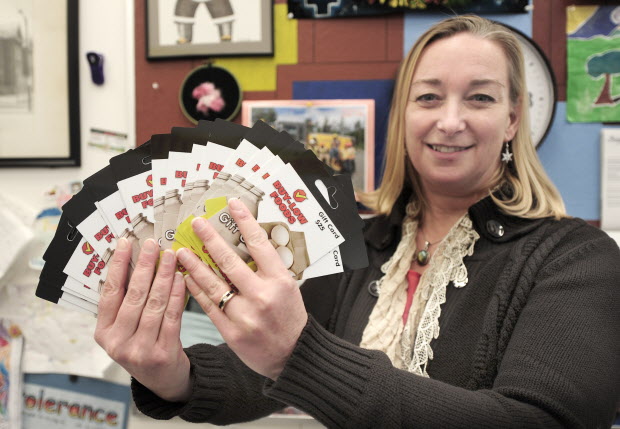Until recently Mount Pleasant Elementary school was designated inner-city and eligible for special funding from the Vancouver School Board to help its poorest of families. But that’s finished. It had a free breakfast and lunch program – now reduced to just 13 bag lunches for the neediest of children – while other services designed to assist struggling families have also been axed.
All this is the result of Vancouver’s frenetic real estate market, which has transformed eastside communities such as Mount Pleasant.
Homes are now priced in the millions, rents have soared and many of the poor living near the school have been displaced.
So the school on Guelph and East 7th – reflecting the neighbourhood’s increasing fortunes – is now regarded by the district as capable of taking care of itself. No more free lunch. However, not all the poor have left. Of the 224 students in school, 14 per cent come from families living below the poverty line.
“We still have quite a population of families that are needy and still need support,” says principal Jann Schmidt.
Unfortunately, now that Mount Pleasant has lost its inner-city status, the support has mostly vanished.
For this reason she is applying to The Vancouver Sun’s Adopt-A-School fund for $12,500 to help the school’s neediest families buy food to get them through the weekends.
“That’s my major concern. We want to ensure they have food at home over the weekend. Children and parents,” says Schmidt.
The families are generally supported by single mothers.
About half of the mothers are on social assistance while the others work at minimum-wage jobs.
Those who have the stamina start one job in the morning and then take another at night, giving them little time with their children.
“They’ll be looking after other people’s children or doing cleaning. Sometimes they can take their children with them into the work space if they are cleaning,” says Schmidt.
Given the low rates of minimum wage ($10.85 an hour) most of a single mother’s income is likely going to rent, she said.
Rents have increased and those not driven out are staying because their social supports are here.
But increasing rents mean less money available for food and Schmidt wants to be able to give the poorest families a $25 food voucher each Friday.
“It’s not enough to feed a family all weekend, but it is a great help to these mothers, as with it they can buy fresh fruit and vegetables and stretch their food budget. It will at least ensure there is something there for the children,” Schmidt says.
“And being able to buy their own food also gives the family its dignity.
By Gerry Bellett (gbellett@gmail.com)
